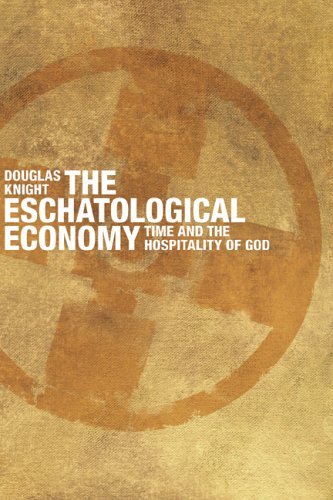
It is time for another in the series of little pieces on the logic of sacrifice and atonement, which I set out in the central chapters of The Eschatological Economy.
The reason we find sacrifice, along with other accounts of salvation, hard to accept is that we tend to overlook the crowd watching the event in the temple. A sacrifice is not a deal done between just two parties, man and God, but between at least three parties. The third is the crowd of onlookers – made up the whole people of Israel. In fact there are two crowds – Israel is the first and nearest, but all the rest of the world is also there, watching Israel and her God from a distance.
But modern biblical studies does not find it easy to account for the public nature of performance. In The Eschatological Economy I wondered whether this is because we assume that writing is the only valid, because verifiable, mode of communication. Do we assume that what cannot be written down is not significant? Yet publicly enacted drama, played out before vast crowds and the world’s media in public civil occasions, is significant – think of the ceremony attached to Olympics, or public acts of flag-burning. If do not concede the meaningfulness of such large scale public ceremonies, or ‘ritual’, how will we understand what was going on in the public events of sacrifice that took place in Israel’s temple at Jerusalem?
In the theology of Israel, the nations were represented by animals: Israel was represented by the lamb. The presentation of the lamb in the temple in Jerusalem was the enactment of the promise of God that Israel would triumph over all the predatory gentile nations of the world.
Though this is not directly theological work, it does build the case that modernity is in denial about crowds and plurality, and about other more embodied forms of rationality than its own, and it helps show that sacrifice does make good sense as an account of the atonement. This will help us show that the atonement makes good sense as account of the relationship of God and us, and also that it makes for a better account of relationships between ourselves. Theology makes for a better sociology than sociology itself does.
You can find out more about The Eschatological Economy at Amazon.com or at Amazon.co.uk or at Eerdmans
